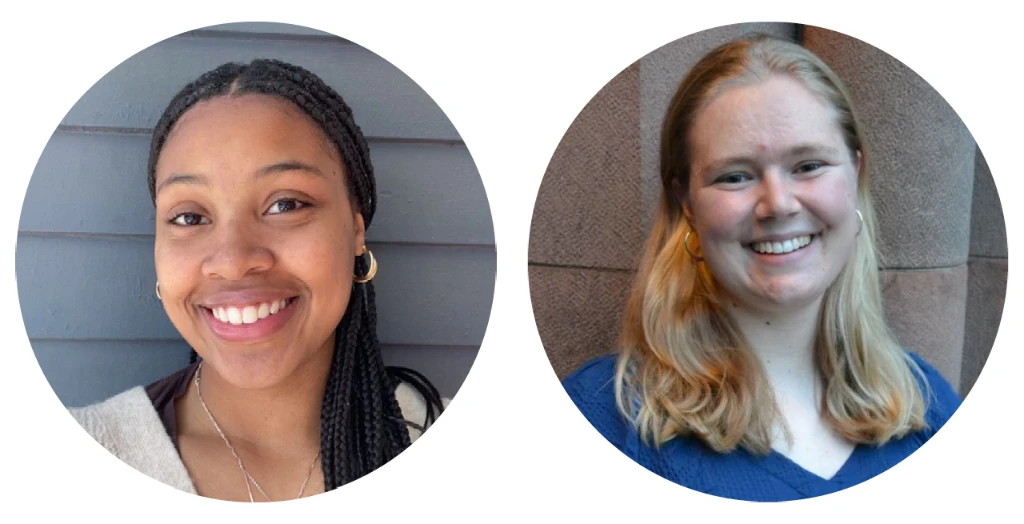
Interns Amaya Allen, left, and Eliana Hornbuckle
Two recent graduates of Brown University joined the Rhode Island Food Policy Council this summer as research interns focusing on projects related to food waste composting.
Amaya Allen, our compost policy research intern, earned an economics degree on the public policy track at Brown and is pursuing a master’s of public health. “I am passionate about issues of hunger, poverty, and health equity,” Allen says. At RIFPC, she is diving into existing state laws around wasted food, how other states are enforcing their similar laws, and what Rhode Island can do to make our laws more effective in meeting their aims to extend the life of the central landfill and reduce the amount of methane produced by our landfilled food waste.
“I’ve spent much of my summer learning about other food waste bans, including interviewing experts across states and diving into their food waste legislation,” she says. “It has been an amazing learning experience to talk with experts at both RIFPC and other organizations and to contribute to such meaningful efforts to reduce food waste in Rhode Island.” Allen will present her findings in a report as her project wraps up at the end of August.
Eliana Hornbuckle is serving as our compost markets research intern. At Brown she studied engineering and urban studies with a particular interest in how systems and lived experience changes from rural to urban environments. At RIFPC, she is researching the potential of compost end markets in Rhode Island.
“So far I have conducted interviews and literature reviews to identify seven major markets for compost: agricultural applications, construction, commercial horticulture, environmental remediation, public retail, stormwater management, and turf-grass management,” Hornbuckle says. She is tracking down data about the amount of compost used in each market and scaling it to current projects and land uses in Rhode Island. Her work will culminate in a written report that estimates the size of these markets and the revenue that could be generated from the purchase of compost at the end of the summer.

